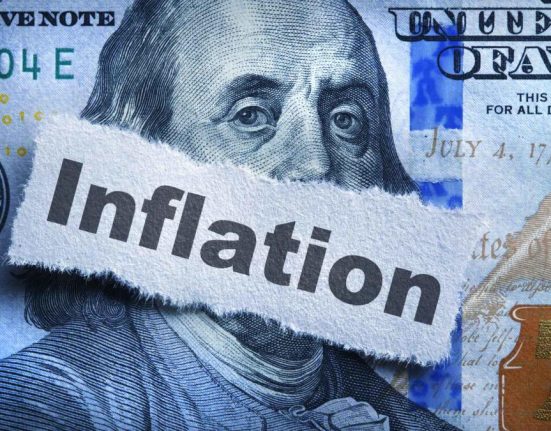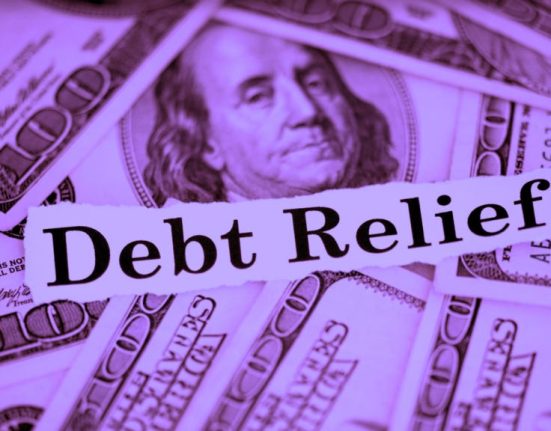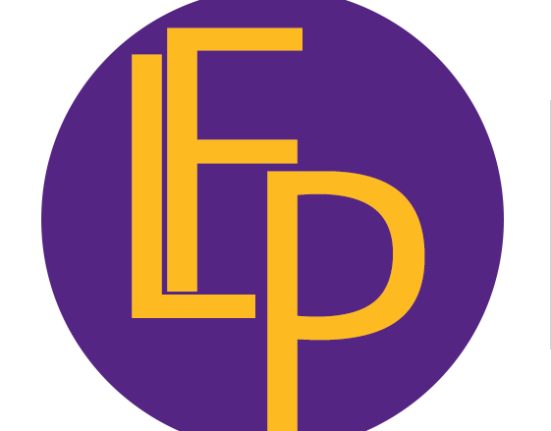Editorial Note: We earn a commission from partner links on Forbes Advisor. Commissions do not affect our editors’ opinions or evaluations.
The rate on a 30-year fixed refinance tumbled today.
Refinancing rates for 30-year, fixed-mortgage is averaging 7.30%, according to Curinos. For 15-year fixed mortgages, the average refinance rate is 6.48%, and for 20-year mortgages, the average is 7.15%.
Related: Compare Current Refinance Rates
Refinance Rates for January 29, 2024
30-Year Refinance Rates
Currently, the average rate for a 30-year, fixed-rate mortgage refinance is 7.30%. That’s compared to 7.34% last week. Borrowers with a 30-year, fixed-rate mortgage of $100,000 will pay $685 per month for principal and interest at the current interest rate of 7.30%, according to the Forbes Advisor mortgage calculator, not including taxes and fees.
Over the life of the loan, the borrower will pay total interest costs of about $146,683. A different way of looking at interest rates is the annual percentage rate, or APR. For a 30-year, fixed-rate mortgage, the APR is 7.35% compared to 7.39% last week. The APR is essentially the all-in cost of the home loan.
20-Year Refi Rates
The 20-year fixed mortgage refinance is currently averaging about 7.15%. That’s compared to the average of 7.22% at this time last week.
The APR, or annual percentage rate, on a 20-year fixed mortgage is 7.18% compared to 7.24% at this time last week.
At the current interest rate of 7.15%, a 20-year, fixed-rate mortgage refinance of $100,000 would pay $784 per month in principal and interest. That doesn’t include taxes and fees. That borrower would pay roughly $88,166 in total interest over the life of the loan.
15-Year Fixed-Rate Mortgage Refinance Rates
The 15-year fixed mortgage refinance is currently averaging about 6.48%. That’s compared to the average of 6.50% at this time last week.
The APR, or annual percentage rate, on a 15-year fixed mortgage is 6.47% versus 6.50% at this time last week.
At the current interest rate of 6.48%, a borrower using a 15-year, fixed-rate mortgage refinance of $100,000 would pay $870 per month in principal and interest. That doesn’t include taxes and fees. That borrower would pay roughly $56,601 in total interest over the 15-year life of the loan.
30-Year Jumbo Refinance Rates
The average interest rate on the 30-year fixed-rate jumbo mortgage refinance is 7.27%. One week ago, the average rate was 7.33%.
Borrowers with a 30-year fixed-rate jumbo mortgage refinance with today’s interest rate of 7.27% will pay $683 per month in principal and interest per $100,000.
15-Year Jumbo Refinance Rates
The average interest rate on the 15-year fixed-rate jumbo mortgage refinance remained unchanged at 6.93%. Last week, the average rate was 6.93%.
Borrowers with a 15-year fixed-rate jumbo mortgage refinance with today’s interest rate of 6.93% will pay $895 per month in principal and interest per $100,000. That means that on a $750,000 loan, you’d pay around $457,915 in total interest over the life of the loan.
Are Refinance Rates and Mortgage Rates the Same?
Refinance rates are different from mortgage rates and tend to be slightly higher. The rate difference can vary by program and is something to consider as you compare the best mortgage refinance lenders.
In addition to having different refinance rates for conventional, FHA, VA and jumbo applications, cash-out refinance rates are higher as you’re borrowing from your available equity.
Rates for government-backed loan programs such as FHA and VA mortgage refinances can be lower than a conventional or jumbo refinance, as there is less risk for lenders. Still, you should compare your estimated loan’s annual percentage rate (APR), which includes all additional fees and determines the interest charges.
When Refinancing Makes Sense
Refinancing your mortgage can be a wise move for many reasons, most notably lowering your interest rate or your monthly payments. It can also help you pay down your mortgage sooner, access your home’s equity or get rid ofprivate mortgage insurance (PMI).
But there are closing costs associated with refinancing, so it probably makes more sense to refinance if you know you’ll be keeping your home for some time. You can determine the “break-even point” for a potential refinance, or how long it will take for savings from a new mortgage to surpass any closing costs. Find out what those costs will be and divide them by the monthly savings you’ll realize with the new mortgage.
The Forbes Advisor mortgage refinance calculator can help you run the numbers to see if it’s a good time for you to refinance.
Is Now a Good Time To Refinance?
Now may be a good time to refinance if you can reduce your monthly payment by getting a better interest rate or adjusting your repayment period.
While refinance rates are at multi-year highs, you may qualify for a competitive rate if your credit has improved since getting your existing mortgage or by switching to a shorter loan term, such as a 15-year mortgage. Refinancing from a government-backed loan to a conventional loan with at least 20% equity helps you waive private mortgage insurance, FHA mortgage insurance premiums or the USDA guarantee fees.
There are multiple mortgage refinance options to consider and some that let you tap your home equity.
Consider avoiding refinancing if you can’t get a better rate or reduce your monthly payment. Additionally, you will need to pay closing costs and the application process can be lengthy. These hindrances may exceed the potential benefits of refinancing.
How to Get Today’s Best Refinance Rates
Refinancing a mortgage isn’t that different than taking out a mortgage in the first place, and it’s always smart to have a strategy for finding the lowest rate possible. Here are some suggested approaches to get the best rate:
- Polish up your credit score
- Lower your debt-to-income ratio
- Keep an eye on mortgage rates
- Consider a shorter loan
Having a strong credit score is one of the best things you can do to get approved and get a lower rate. You’re also likely to look better to lenders if you don’t have too much debt relative to your income. You should keep a regular watch on mortgage rates, which fluctuate often. Also see if you can manage a mortgage payment for a shorter loan term since they usually have lower interest rates.
Frequently Asked Questions (FAQs)
How soon can you refinance a mortgage?
Most lenders allow you to refinance a mortgage six months after you start paying it off, although some require that you wait 12 months. Contact your lender to be sure.
How quickly can you refinance a mortgage?
Many lenders refinance your mortgage in about 45 to 60 days, but it depends on the type of mortgage you choose and other factors. Ask your lender what their time frame is before you borrow to make sure it’s right for you.
How much does it cost to refinance a mortgage?
It can cost as much as 2% to 6% of the full cost of the loan to refinance a mortgage. Make sure to find out the exact closing costs from your lender.







